Spotlight
A selection of stories from across the Federation

Romania
Roma Women in Romania Face Old and New Threats to Abortion Care Access
Roma women and girls face multiple barriers to abortion care in Romania. Far more needs to be done to protect their rights, says Roxana-Magdalena Oprea of E-Romnja.
Most Popular This Week
Romania
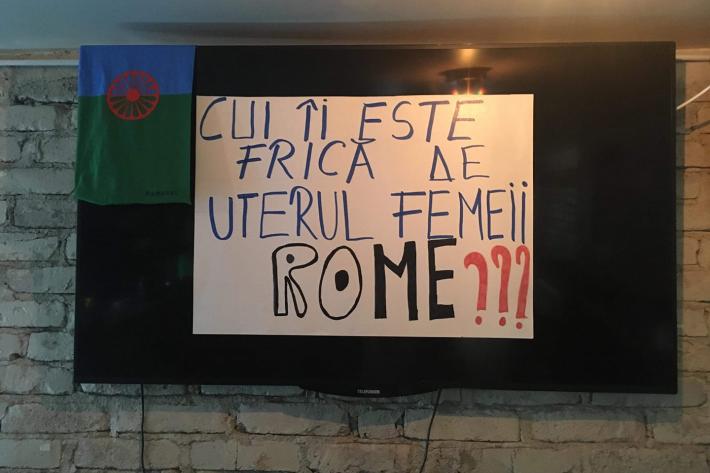
Roma Women in Romania Face Old and New Threats to Abortion Care Access
For Roma women and girls in Romania, the struggle to access abortion care brings them into contact with horrific levels of racism and discrimination, hardw
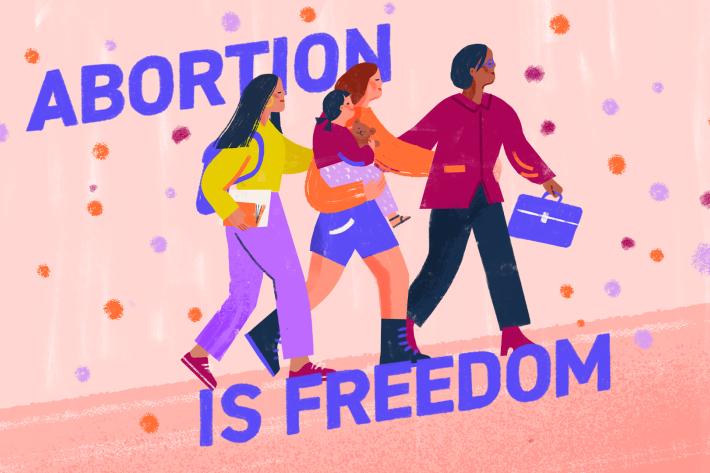
Croatia: Obstacles to abortion care make access virtually non-existent
Hitting the road in the desperate search for abortion care
Romania
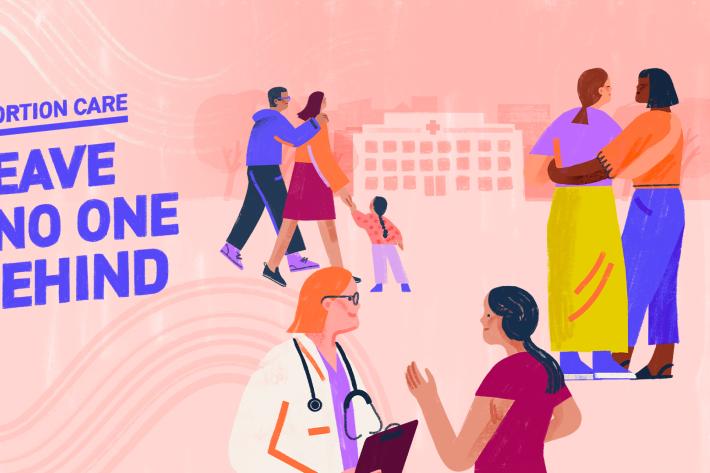
High costs and broken health system freeze many out of abortion care in Romania
On paper, abortion care is legal up to 14 weeks in Romania – though only free in emergencies – and should be provided by all hospitals with obstetrics and gynaecology departments.
Germany
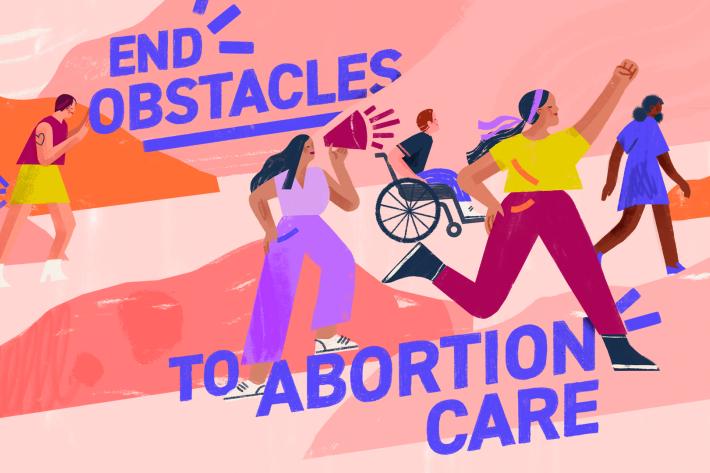
Germany's archaic abortion law creates huge burden for people needing care
For a country long reputed to have one of the more progressive healthcare systems in Europe, Germany’s law on abortion – a health issue affecting millions of people – remains firm
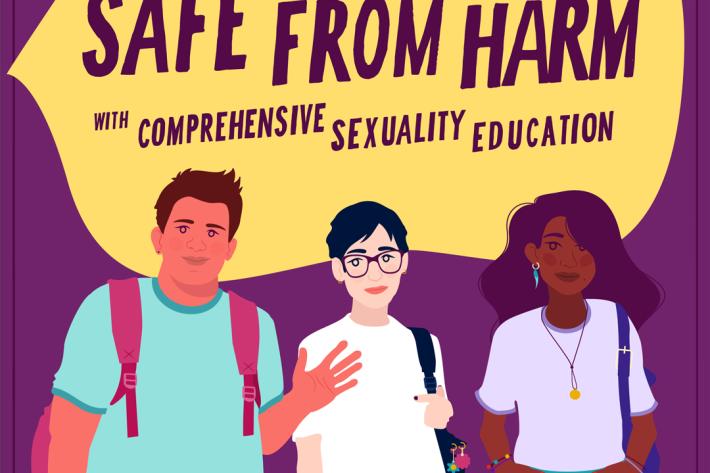
Sexuality education keeps young people safe from harm
Comprehensive sexuality and relationship education is a vital prevention tool in the fight
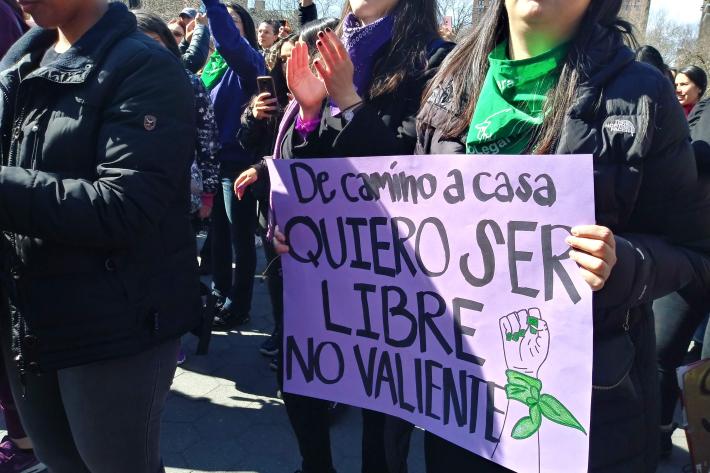
Legislating the path to consent: Spain's Yes Means Yes law
‘Everyone has the right to live without violence. You can have sex without love, but always with care’.
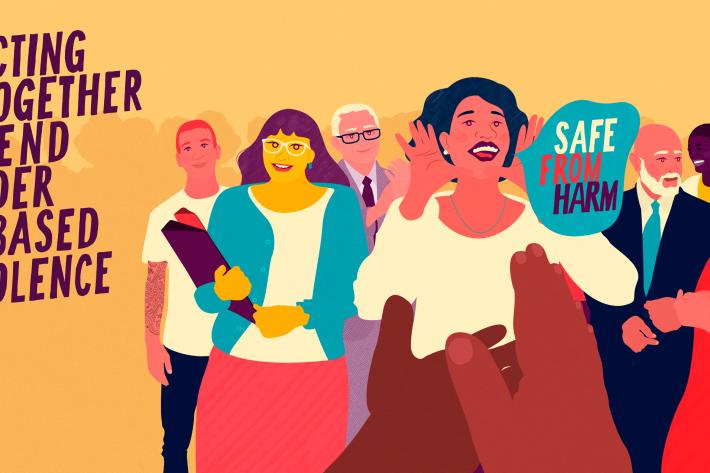
Anything less than yes is rape: the campaign for a consent-based rape law in Sweden
The absence of a ‘no’ is not an implicit yes. This is the overarching principle of a long-fought Swedish ‘consent law’ aimed at disman
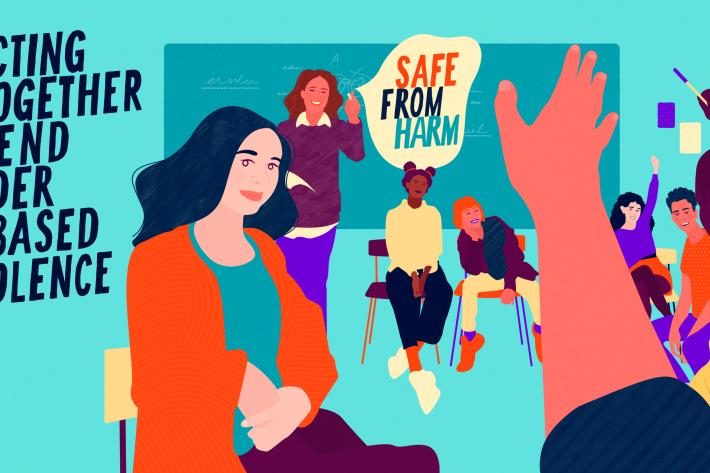
Belgium’s consent law is clear: Absence of no doesn’t mean yes
‘Rape isn’t always something that happens when you are dragged into an alleyway’, says Heleen Heysse, Policy Officer at
Filter our stories by:


| 07 December 2016
Sexual health empowerment for young people with disabilities
In Macedonia, HERA's special educator, Zaklina Stepanoska, recalls the reactions of parents when she explained the programme. They were running an inititiave for young people with disabilities to learn about their sexual health. “There were parents who cried when I told them about this,” she says. “I asked them why and they told me it was because they had thought their children, who were in their mid 20s, would never fall in love or have girlfriends. It touched them very much and surprised them that somebody had thought about their children receiving this education and maybe having a relationship.” The programme has already been useful in changing behaviour in the centre. “In the spring and summer, when we're outside in the garden a lot, the girls will go crazy when some guy walks past, because they like boys,” Zaklina explains. “They will shout and talk to them even though they don't know them. So we make them understand that they can say 'hi' to people they already know, but not strangers, unless we allow them to. “We also had a big problem with boys masturbating. Since the sessions on public and private space we don't have this problem any more. When a staff member sees that someone is going to start doing it, they ask them to go to the toilet, or they take them to a private space. They don't say 'stop', because if they're stopped they can become aggressive. Back then they didn't know how to deal with this. Now they tell them it's not suitable to do in public. And the boys hardly ever try to do it any more. “We had a problem, too, with girls not knowing how to put sanitary towels in. Their parents would put a towel in at home and the girl would forget about it. Now they bring towels themselves and they know how to change them. “The young people are very interested in the programme. It's something new. They're very interested in the fact that can become independent outside the centre, that they can go out alone, that they can be with someone, with a boyfriend or girlfriend, and that they are allowed to do that. Because their parents usually scorn them when they started talking about these things. “There are changes in the way they behave. They don't talk to strangers any more. They know the appropriate words for parts of the body, and they're not embarrassed to say them out loud any more. In the beginning when we had individual sessions the girls would start crying and saying 'this is shameful'. They would not even utter the words. Now they're free to talk about it. They have become closer to us. They would come to us and say if they have a crush on somebody. They laugh about it, they tease each other. They're much more relaxed than they used to be. “There are two users here who act as boyfriend and girlfriend in the centre. They live far apart but here they watch films together, they dance, they kiss. They can't be separated! It's a positive thing; they are happier.”

| 09 May 2025
Sexual health empowerment for young people with disabilities
In Macedonia, HERA's special educator, Zaklina Stepanoska, recalls the reactions of parents when she explained the programme. They were running an inititiave for young people with disabilities to learn about their sexual health. “There were parents who cried when I told them about this,” she says. “I asked them why and they told me it was because they had thought their children, who were in their mid 20s, would never fall in love or have girlfriends. It touched them very much and surprised them that somebody had thought about their children receiving this education and maybe having a relationship.” The programme has already been useful in changing behaviour in the centre. “In the spring and summer, when we're outside in the garden a lot, the girls will go crazy when some guy walks past, because they like boys,” Zaklina explains. “They will shout and talk to them even though they don't know them. So we make them understand that they can say 'hi' to people they already know, but not strangers, unless we allow them to. “We also had a big problem with boys masturbating. Since the sessions on public and private space we don't have this problem any more. When a staff member sees that someone is going to start doing it, they ask them to go to the toilet, or they take them to a private space. They don't say 'stop', because if they're stopped they can become aggressive. Back then they didn't know how to deal with this. Now they tell them it's not suitable to do in public. And the boys hardly ever try to do it any more. “We had a problem, too, with girls not knowing how to put sanitary towels in. Their parents would put a towel in at home and the girl would forget about it. Now they bring towels themselves and they know how to change them. “The young people are very interested in the programme. It's something new. They're very interested in the fact that can become independent outside the centre, that they can go out alone, that they can be with someone, with a boyfriend or girlfriend, and that they are allowed to do that. Because their parents usually scorn them when they started talking about these things. “There are changes in the way they behave. They don't talk to strangers any more. They know the appropriate words for parts of the body, and they're not embarrassed to say them out loud any more. In the beginning when we had individual sessions the girls would start crying and saying 'this is shameful'. They would not even utter the words. Now they're free to talk about it. They have become closer to us. They would come to us and say if they have a crush on somebody. They laugh about it, they tease each other. They're much more relaxed than they used to be. “There are two users here who act as boyfriend and girlfriend in the centre. They live far apart but here they watch films together, they dance, they kiss. They can't be separated! It's a positive thing; they are happier.”

| 07 December 2016
Sexual health empowerment for young people with disabilities
In Macedonia, HERA's special educator, Zaklina Stepanoska, recalls the reactions of parents when she explained the programme. They were running an inititiave for young people with disabilities to learn about their sexual health. “There were parents who cried when I told them about this,” she says. “I asked them why and they told me it was because they had thought their children, who were in their mid 20s, would never fall in love or have girlfriends. It touched them very much and surprised them that somebody had thought about their children receiving this education and maybe having a relationship.” The programme has already been useful in changing behaviour in the centre. “In the spring and summer, when we're outside in the garden a lot, the girls will go crazy when some guy walks past, because they like boys,” Zaklina explains. “They will shout and talk to them even though they don't know them. So we make them understand that they can say 'hi' to people they already know, but not strangers, unless we allow them to. “We also had a big problem with boys masturbating. Since the sessions on public and private space we don't have this problem any more. When a staff member sees that someone is going to start doing it, they ask them to go to the toilet, or they take them to a private space. They don't say 'stop', because if they're stopped they can become aggressive. Back then they didn't know how to deal with this. Now they tell them it's not suitable to do in public. And the boys hardly ever try to do it any more. “We had a problem, too, with girls not knowing how to put sanitary towels in. Their parents would put a towel in at home and the girl would forget about it. Now they bring towels themselves and they know how to change them. “The young people are very interested in the programme. It's something new. They're very interested in the fact that can become independent outside the centre, that they can go out alone, that they can be with someone, with a boyfriend or girlfriend, and that they are allowed to do that. Because their parents usually scorn them when they started talking about these things. “There are changes in the way they behave. They don't talk to strangers any more. They know the appropriate words for parts of the body, and they're not embarrassed to say them out loud any more. In the beginning when we had individual sessions the girls would start crying and saying 'this is shameful'. They would not even utter the words. Now they're free to talk about it. They have become closer to us. They would come to us and say if they have a crush on somebody. They laugh about it, they tease each other. They're much more relaxed than they used to be. “There are two users here who act as boyfriend and girlfriend in the centre. They live far apart but here they watch films together, they dance, they kiss. They can't be separated! It's a positive thing; they are happier.”

| 09 May 2025
Sexual health empowerment for young people with disabilities
In Macedonia, HERA's special educator, Zaklina Stepanoska, recalls the reactions of parents when she explained the programme. They were running an inititiave for young people with disabilities to learn about their sexual health. “There were parents who cried when I told them about this,” she says. “I asked them why and they told me it was because they had thought their children, who were in their mid 20s, would never fall in love or have girlfriends. It touched them very much and surprised them that somebody had thought about their children receiving this education and maybe having a relationship.” The programme has already been useful in changing behaviour in the centre. “In the spring and summer, when we're outside in the garden a lot, the girls will go crazy when some guy walks past, because they like boys,” Zaklina explains. “They will shout and talk to them even though they don't know them. So we make them understand that they can say 'hi' to people they already know, but not strangers, unless we allow them to. “We also had a big problem with boys masturbating. Since the sessions on public and private space we don't have this problem any more. When a staff member sees that someone is going to start doing it, they ask them to go to the toilet, or they take them to a private space. They don't say 'stop', because if they're stopped they can become aggressive. Back then they didn't know how to deal with this. Now they tell them it's not suitable to do in public. And the boys hardly ever try to do it any more. “We had a problem, too, with girls not knowing how to put sanitary towels in. Their parents would put a towel in at home and the girl would forget about it. Now they bring towels themselves and they know how to change them. “The young people are very interested in the programme. It's something new. They're very interested in the fact that can become independent outside the centre, that they can go out alone, that they can be with someone, with a boyfriend or girlfriend, and that they are allowed to do that. Because their parents usually scorn them when they started talking about these things. “There are changes in the way they behave. They don't talk to strangers any more. They know the appropriate words for parts of the body, and they're not embarrassed to say them out loud any more. In the beginning when we had individual sessions the girls would start crying and saying 'this is shameful'. They would not even utter the words. Now they're free to talk about it. They have become closer to us. They would come to us and say if they have a crush on somebody. They laugh about it, they tease each other. They're much more relaxed than they used to be. “There are two users here who act as boyfriend and girlfriend in the centre. They live far apart but here they watch films together, they dance, they kiss. They can't be separated! It's a positive thing; they are happier.”









